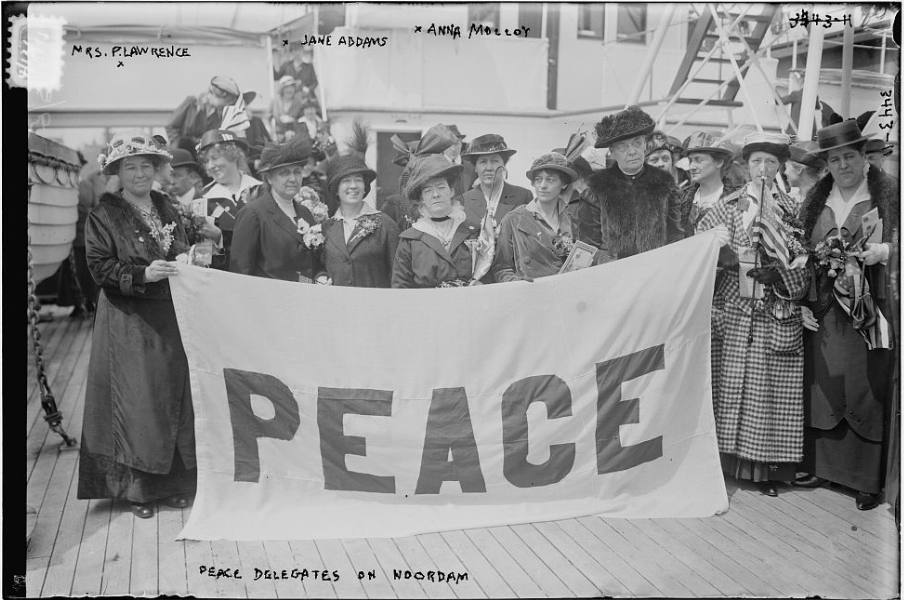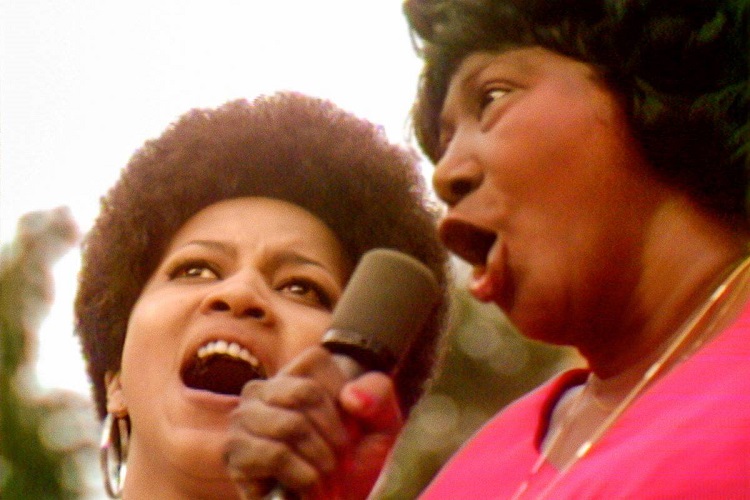
Trauma, Dissociation, and the Popular Singing Voice, Pt. 2: Nicole Dollanganger & Jessie Reyez
In this post we turn to “Dog Teeth” by Nicole Dollanganger and to “Gatekeeper” by Jessie Reyez. Content Warning: Discussion of rape and disturbing lyrics.
There is no historical or geographical limit on what can be covered. There is no restriction on the style or genre of song or singing.



In this post we turn to “Dog Teeth” by Nicole Dollanganger and to “Gatekeeper” by Jessie Reyez. Content Warning: Discussion of rape and disturbing lyrics.

A Tori Amos song shows how vocal timbre conveys symptoms of trauma in a way that lyrics cannot. Content Warning: Discussion of sexual assault, rape, and child abuse.

Even as churches ban “I Love You Truly,” brides and grooms embrace it, as do films, radio broadcasts, and recording companies.

From the moment Cardi B and Megan Thee Stallion dropped their single on August 7, “WAP” became the song of 2020.

In her 2011 album Night of Hunters, Tori Amos reflects on a long tradition of classical music penned by men from the perspective of a woman.

“Praying,” Kesha’s first ballad, was written about her recovery from traumatic abuse by her former producer, Dr. Luke. Her voice depicts this journey.